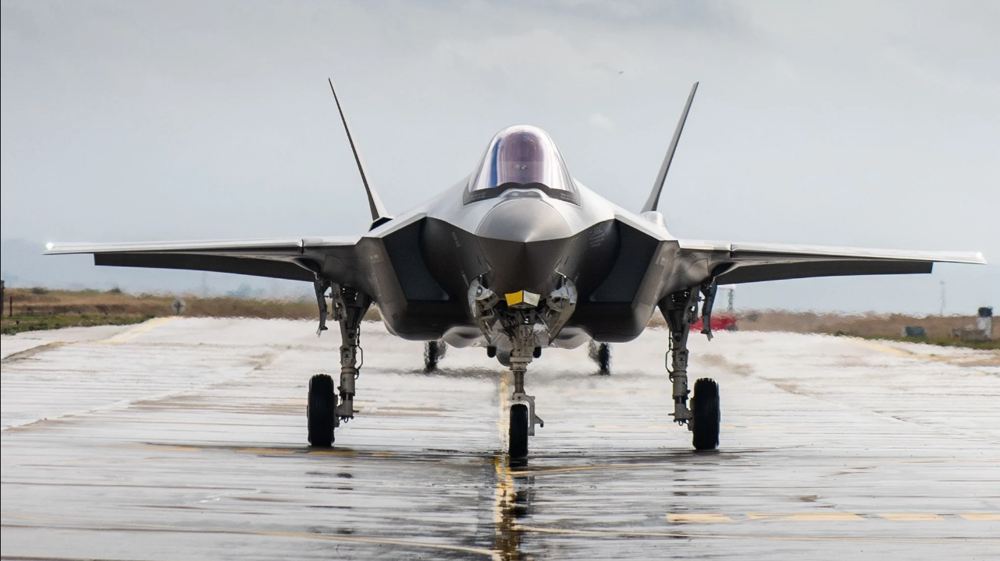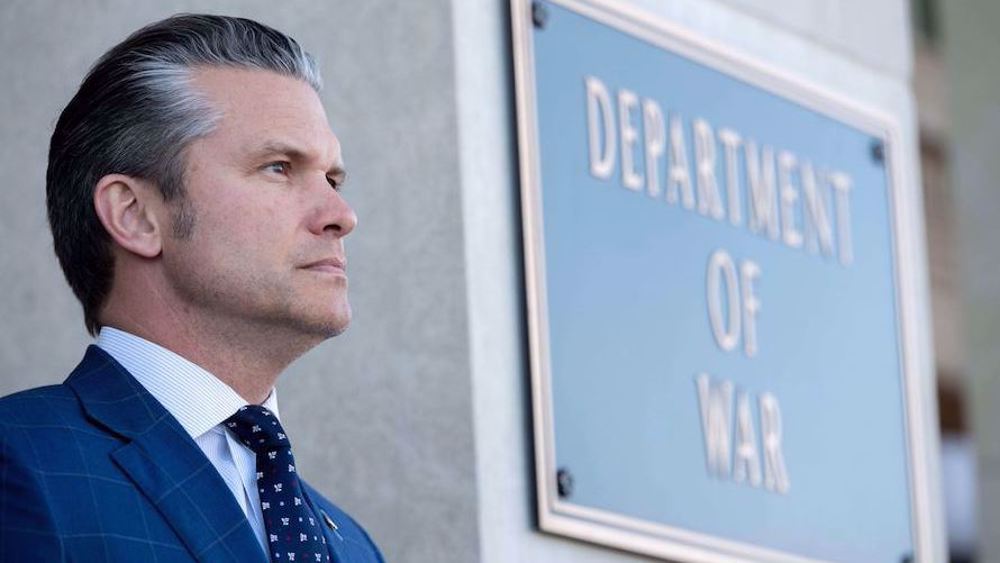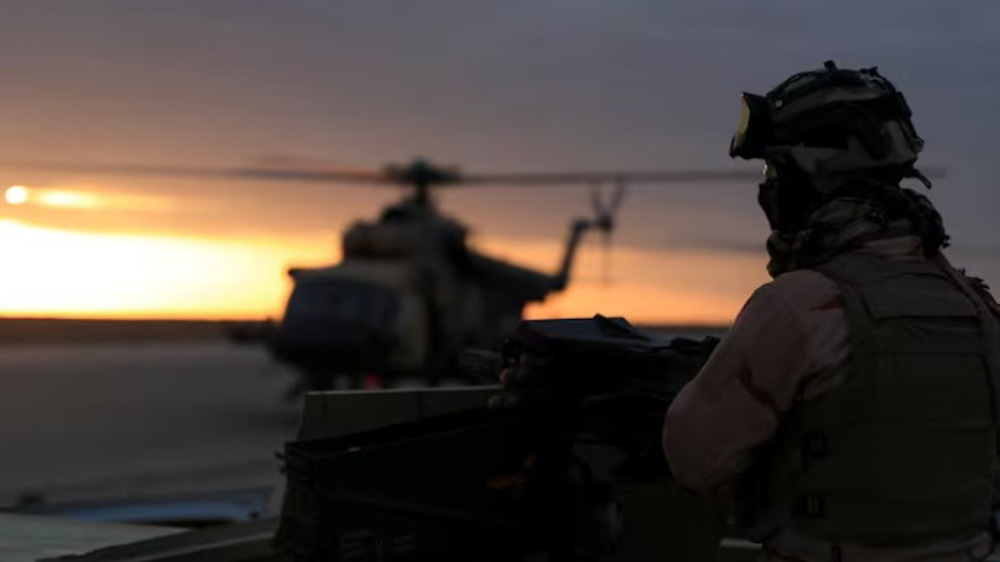S-300 won’t affect US military options against Iran: Gen.
The United States’ military options against Iran will not be affected by Russia’s sale of the S-300 air defense missile system to the Islamic Republic, the Pentagon says.
“We’ve known about the potential for that system to be sold to Iran for several years, and have accounted for it in all of our planning,” Gen. Martin Dempsey, Chairman of the Joint Chiefs of Staff, said Thursday.
On Monday, Russian President Vladimir Putin signed a decree paving the way for the long-overdue delivery of the missile system to Tehran, lifting a ban on its "shipment from Russia to Iran."
Dempsey said that the US still has on the table the military options against Iran should negotiations over its nuclear program fail.
“The military option that I owe the president, to both encourage the diplomatic solution and if the diplomacy fails to ensure that Iran doesn’t achieve a nuclear weapon, is intact,” he said during a press briefing at the Pentagon.
Iran strongly rejects the allegations that it is seeking to develop nuclear weapons. Tehran says it needs the nuclear program for peaceful purposes, including generating electricity and producing radio-isotopes for medical purposes.
The US Defense Department has earlier expressed its opposition to the Russian plan calling it “unhelpful”.
“Our opposition to these sales is long and public. We believe it's unhelpful,” Pentagon spokesman Colonel Steve Warren said on Monday. “We are raising that through the appropriate diplomatic channels.”
Putin’s decree would lift the ban on transit of the system through the Russian territory, including by air, the delivery from the Russian territory to Iran and the transfer outside of Russia with the use of vessels and aircraft flying the Russian state flag of S-300 missile air defense systems.
Under a contract signed in 2007, Russia was obliged to provide Iran with at least five S-300 defense systems. However, Moscow refused to deliver the surface-to-air missiles to Tehran in 2010 under the pretext that it is covered by the fourth round of the United Nations Security Council sanctions against Iran over its nuclear program, which bars hi-tech weapons sales to Tehran.
The Russian president’s decision came after Iran and the P5+1 group of countries – the US, Britain, France, China, Russia and Germany – reached a framework agreement on Tehran’s nuclear program in the Swiss city of Lausanne on April 2. The two sides will now work to draft a final accord by the end of June.
AT/AT
US-backed riots suffered 'humiliating' defeat in Iran: Yemeni leader
Pezeshkian: ‘Unholy rage’ fueled by Iran’s enemies after June defeat
Iran condemns Israeli demolition of UNRWA headquarters in occupied al-Quds
Denmark reasserts Greenland sovereignty as Trump claims ‘total access’
Iran’s political legitimacy comes from ballots and popular will, not foreign powers
VIDEO | Press TV's news headlines
VIDEO | The reckless US
Qalibaf: Recent unrest a 'complementary link' in 12-day war against Iran










 This makes it easy to access the Press TV website
This makes it easy to access the Press TV website